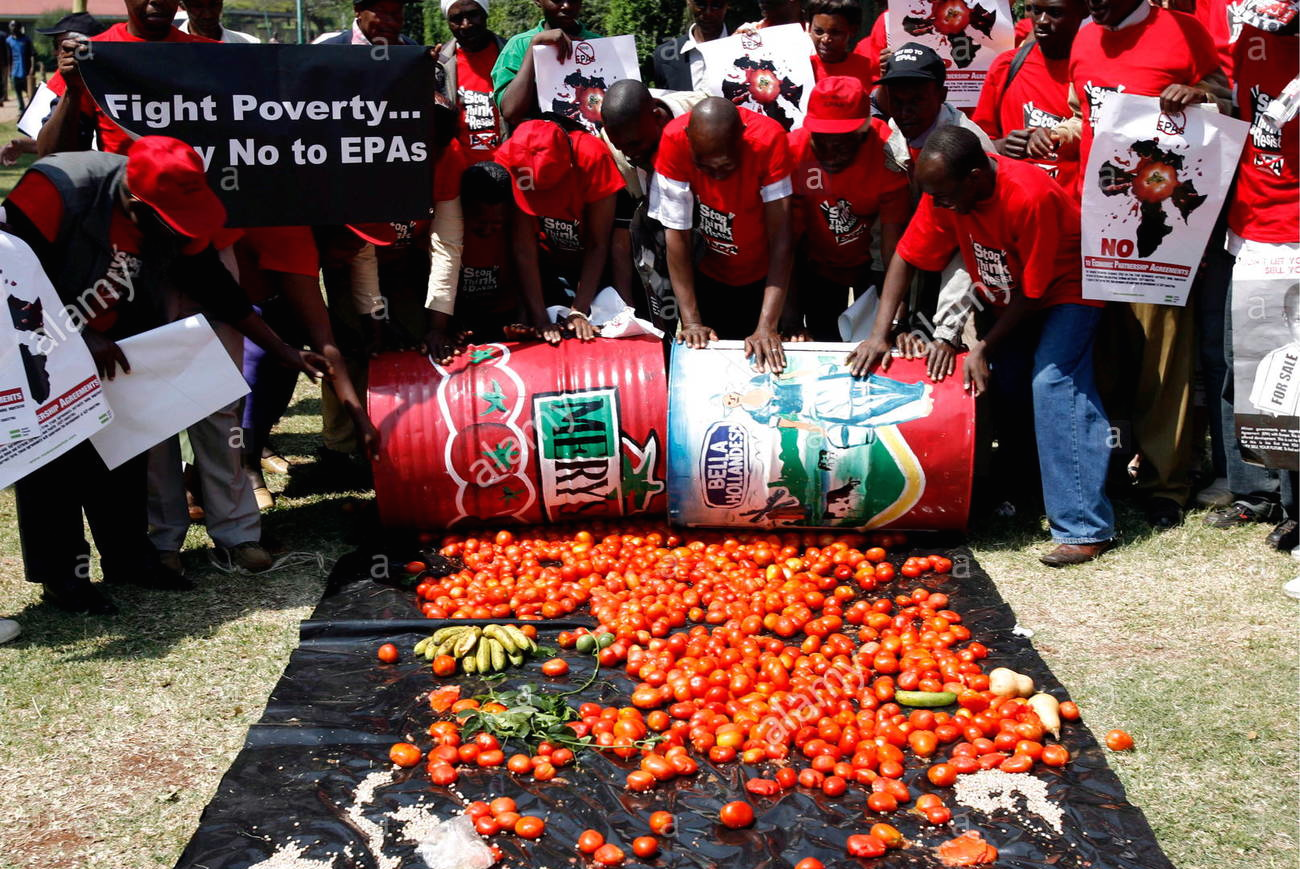East Africa: Is the collapse of the Economic Partnership Agreement looming?
All Africa | 31 January 2017
East Africa: Is the collapse of the Economic Partnership Agreement looming?
By Dorothy Nakaweesi & Ismail Musa Ladu
Kampala — As it stands now, the Economic Partnership Agreement (EPA) seems to have hit a dead end, Daily Monitor has learnt.
Simply put, EPA is an initiative by the European Union (EU) to secure free market access in the region and reciprocate in equal measure. Should the deal remain frozen as it appears to be the case presently, regional products to the EU market and vice versa would eventually be trading on different terms and not necessarily the preferential treatment that the embattled deal seeks to institute.
The Ugandan ministry of Trade under the express directive of President Museveni will not proceed with the signing of the EPA until all the East African Community (EAC) partner states are in agreement with the details contained in the deal as well as its repercussions on each of the member’s economy.
Speaking at a public policy dialogue on reversing Uganda’s declining trade balances and value of exports recently at the Uganda Management Institute in Kampala, the minister of Trade, Ms Amelia Kyambadde disclosed that the deal has been temporarily put on hold pending further consultations and consensus.
She said: "Uganda will not sign the EPA until everybody is on board. We have to wait for the other EAC countries and once that is done then we can proceed. Tanzania has some few issues that need to be dealt with and once that is done we shall proceed."
"The President has said we should first all reach a way forward so that we can sign it (EPA) together as a bloc. He (President Museveni) doesn’t want the repeat of the so- called coalition of the willing. But for our part we are ready but we cannot do it alone."
Coalition of the willing
The tripartite arrangement, also known as the "coalition of the willing", involving Uganda, Kenya and Rwanda, emerged as one of the sticky issues in 2013 when the Council of EAC ministers was considering the Monetary Union Protocol.
The coalition of the willing agreements entered by the said countries sought to construct grand infrastructural projects such as rail lines and an oil pipeline that would stimulate and open up the regional economies.
Tanzania was particularly unhappy with this arrangement, describing it as a recipe for disaster. In its recommendation to the heads of state, Tanzania indicated that the tripartite arrangement poses the risk to disintegrate the community rather than integrate it.
And for that, Tanzania, among other things, recommended that all the plans and infrastructural projects that the three countries endorsed in mid that year should be revised and given a regional appeal, rather than it appearing as an initiative of the "coalition of the willing". Tanzania also recommended that all such tripartite arrangements must be sanctioned by the EAC Secretariat as opposed to individual partner states.
Fears of some members
Tanzania, an important member of the Community is unwilling to sign the agreement until she is certain that the treaty reflects her aspirations as well as provide a window to get out should it turn out to be a raw deal.
As the largest member of the Community, Tanzania also wants to further understand how the exit of Britain from the EU bloc will impact on the agreement, and not until that is certain, she is not prepared to sign the deal.
Burundi that looked to be on the fence has now sided with Tanzania on grounds that it shares the same fears and aspirations.
However, Mr Patrick Gomes, the Secretary General of African Caribbean and Pacific Countries (ACP), in his submission during the 32nd conference between ACP and EU held in Nairobi in December last year, said that Uganda, Tanzania and Burundi’s slowness in signing the EPA may see them lose development aid from the EU. He said: "EPA comes not only with






